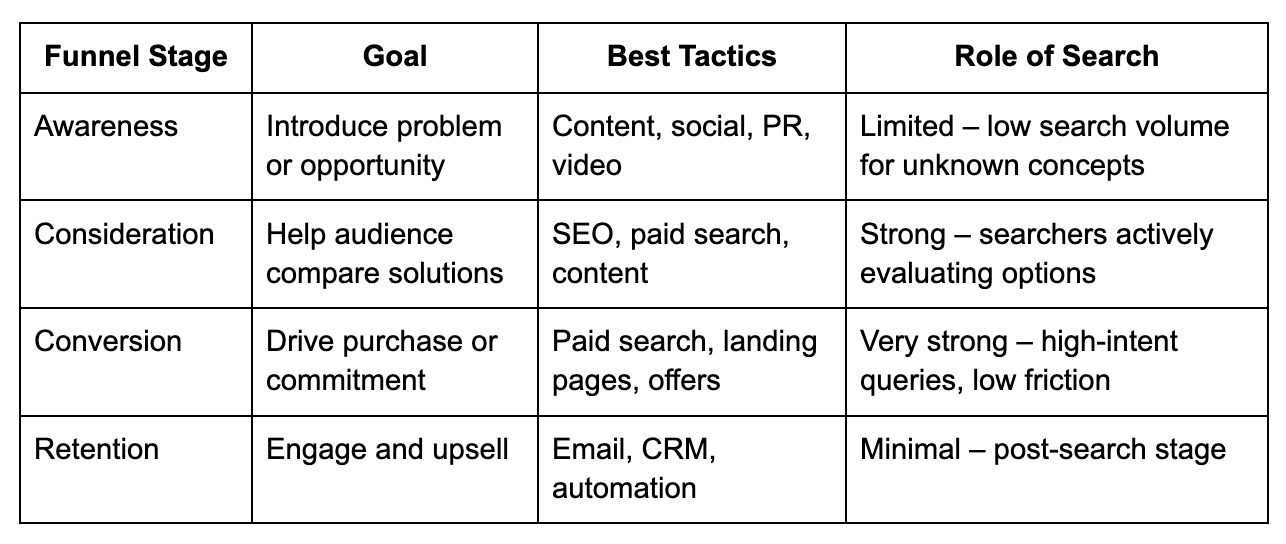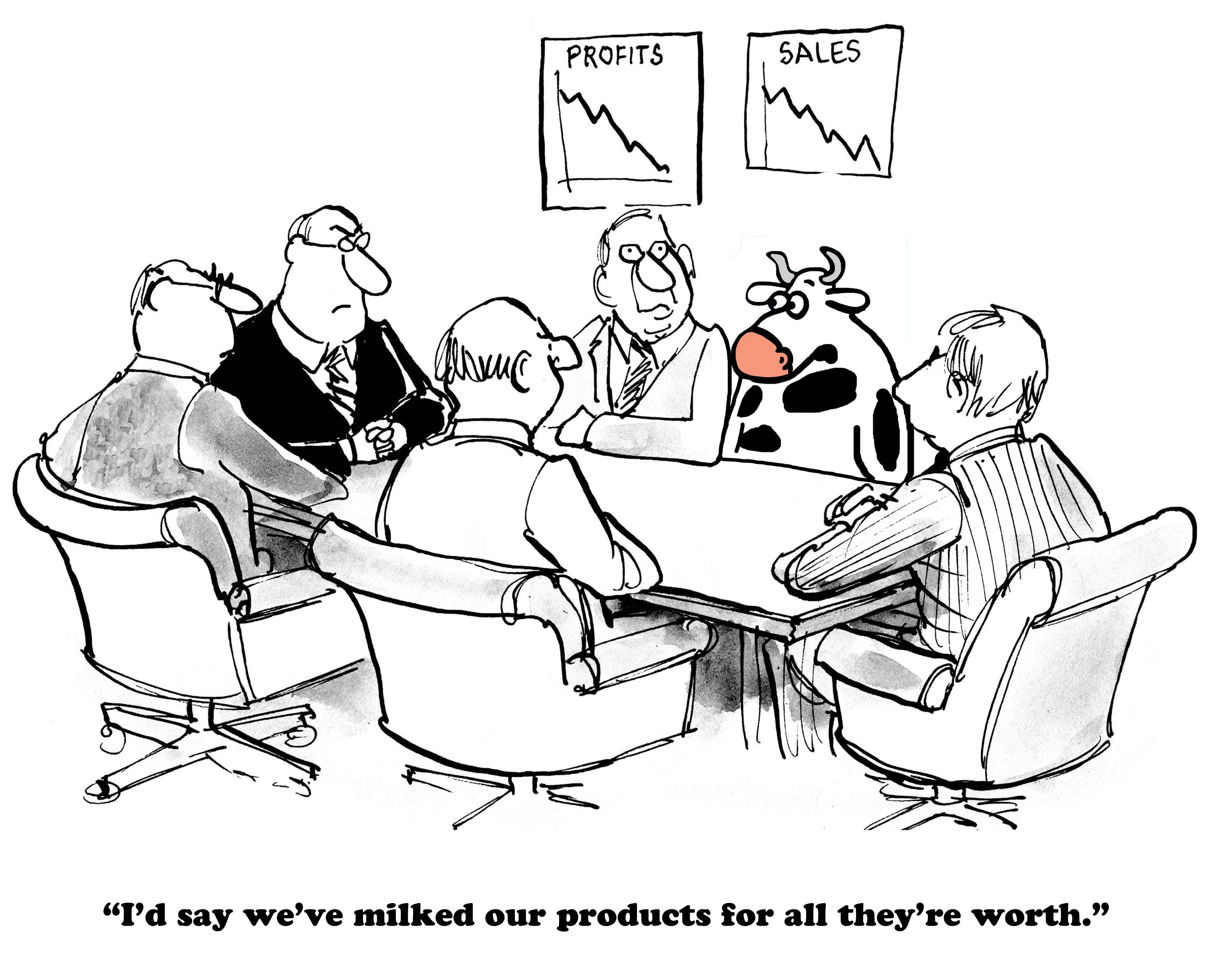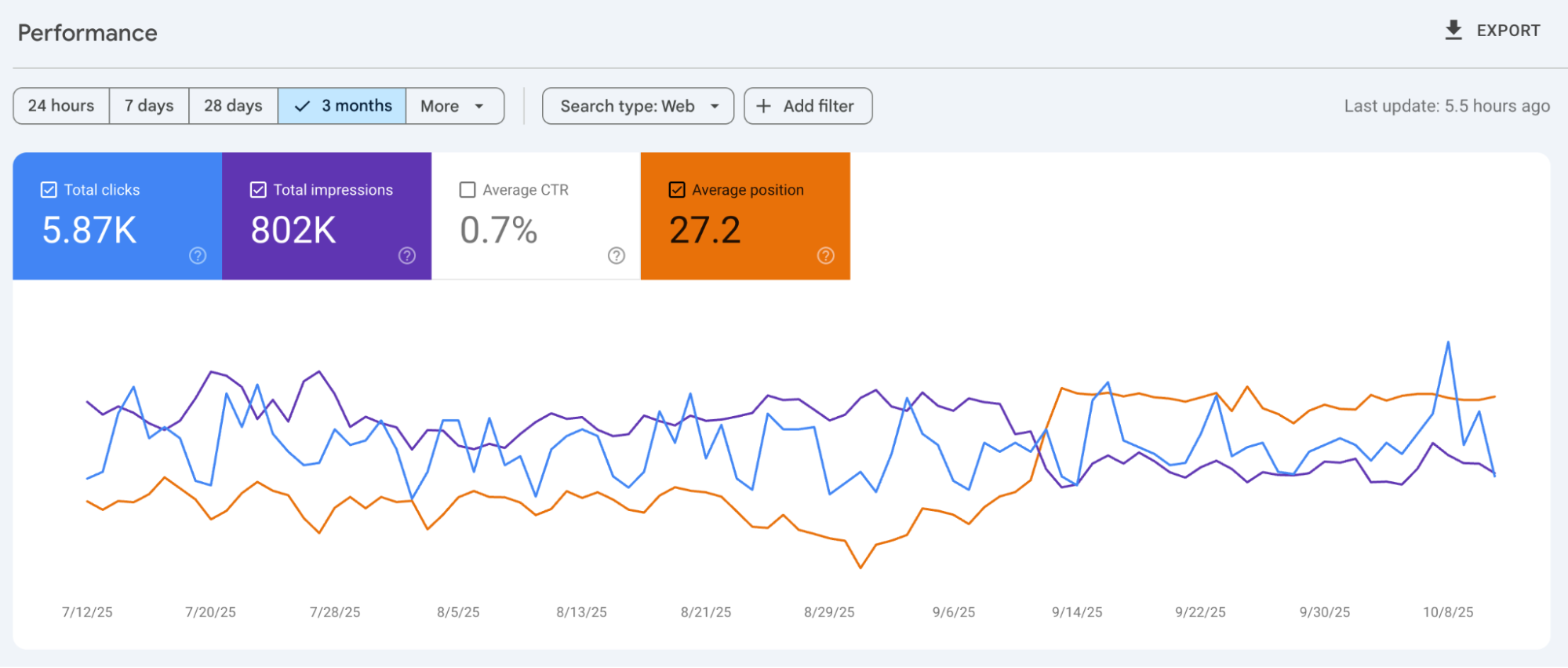When SEO and Ads Don’t Cut It


When you tell most business owners or marketers, “you need SEO and Google Ads,” they nod like it’s gospel. It sounds safe, proven, even mandatory. But the reality is more nuanced: search marketing only works when people are already looking and when there’s existing demand.
If your audience already knows they want or need your product or service, search (SEO + paid) is a powerful tool for capturing that demand. But if you’re introducing something new, shifting perceptions, or helping people realize they even have a problem, search is often a poor first bet.
In this post, we’ll explore why search ads convert beautifully for some businesses but flop for others, how SEO fits into the mix, and why factors like B2B vs. B2C, sales cycles, funnels, and nurturing processes can make or break search marketing performance.
Search Marketing Captures Demand, It Doesn’t Create It
When Search Works
Search marketing thrives when people are actively looking for a solution. Consider queries like:
- “Roof repair near me”
- “Botox Charleston”
- “Best vacuum under $200”
In these cases, the searcher already has a problem or desire, and SEO or paid search can intercept that intent effectively.
When Search Falls Short
If your product or service is new, niche, or conceptual, people aren’t typing queries about it yet. For example:
- A new AI-driven analytics platform for workplace morale
- A disruptive mental wellness service
- A category-defining consumer product
In these situations, your first marketing task isn’t to capture demand, it’s to create awareness and educate the market. Search marketing alone won’t reach an audience that doesn’t know to search.
SEO vs Paid Search: Different Tools for Different Jobs
SEO
Strengths:
- Builds long-term, sustainable traffic
- Boosts credibility and brand authority
- Effective for topics with steady, ongoing interest
Limitations:
- Slow to deliver results
- Dependent on search volume
- Hard to scale quickly for brand-new concepts
Paid Search
Strengths:
- Immediate visibility
- Precise targeting of high-intent keywords
- Scalable within budget
Limitations:
- Clicks don’t guarantee conversions
- High competition can drive costs up
- Less effective for early-stage or educational queries
The key: Paid search excels at capturing bottom-of-funnel intent. SEO builds visibility over time. Both shine when there’s a clear path from search query to conversion, and falter when there isn’t.
B2B vs B2C: Context Changes Everything
Search marketing performance depends heavily on whether you’re selling B2B or B2C:
- B2C: Shorter sales cycles, individual decision-makers, often emotional purchases. Search can deliver fast conversions.
- B2B: Long, complex sales cycles, multiple stakeholders, higher consideration. Search often generates leads that require follow-up, nurturing, and education before converting.
A B2B SaaS startup, for example, might capture clicks through paid search, but without content, retargeting, or an email nurture sequence, those clicks won’t convert into deals. In B2C, the same ad might yield a sale in a single session.
Where Search Fits in the Funnel

Search is most effective in the consideration and conversion stages. If your business relies heavily on building awareness first, search alone won’t deliver.
Why Some Search Campaigns Fail
Even experienced marketers can see search underperform. Common reasons include:
- Misaligned expectations: expecting clicks = deals
- Weak keyword targeting or mismatch to intent
- Poor landing pages, high friction, or unclear offers
- Ignoring the nurturing process for leads who aren’t ready
- Early-stage products with no established demand
Search doesn’t fail on its own. Failure usually comes from misalignment, weak execution, or unrealistic expectations.
How to Decide if Search Marketing Is Right for You
- Check Demand: Are people already searching for what you sell?
- Evaluate Funnel Fit: Can your offer convert quickly, or do leads need nurturing?
- Consider Budget & Margins: Can you afford the cost per acquisition?
- Assess Marketing Maturity: Do you have awareness, brand recognition, or educational content in place?
- Ensure Tracking & Alignment: Are marketing and sales aligned to capture, nurture, and convert leads?
If your answers show existing demand, a smooth funnel, and measurable ROI, search marketing can be highly effective. If not, invest first in awareness-building strategies like social, content marketing, or partnerships.
Examples in Practice
Local HVAC Business
- People search “air conditioning repair near me” regularly.
- Google Ads + local SEO + solid landing page = strong conversions.
- Margins support paid search ROI.
New B2B Analytics Startup
- Product is novel — search volume is low.
- Marketing focus should be awareness and education first.
- Search becomes effective later, once people start comparing solutions.
Search marketing is powerful, but only when the audience is ready to search. For businesses with clear, existing demand, SEO and paid search can be game-changers. For businesses creating new demand or educating a market, search should support, not lead, the strategy.
Understanding your audience, sales cycle, and funnel stage ensures you invest in the channels that deliver real results, not just clicks.
Ready to See What Works for Your Business?
Not every marketing channel is right for every business, and the best strategies are the ones tailored to your audience, goals, and sales cycle.
Schedule a consultation with our team at TargetMarket to get a personalized assessment of your marketing strategy and find out whether search marketing (or other channels) is the right fit for you.










